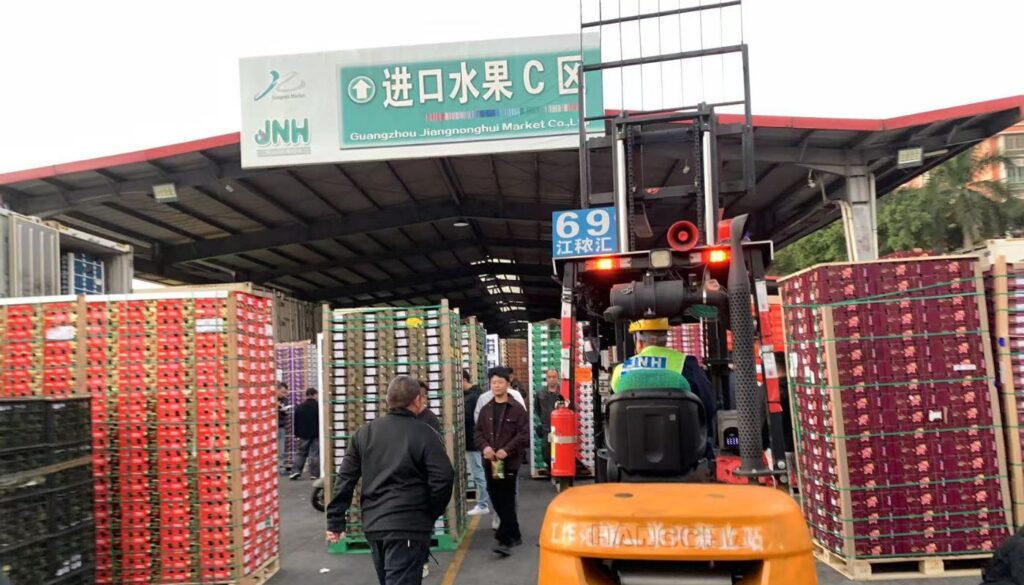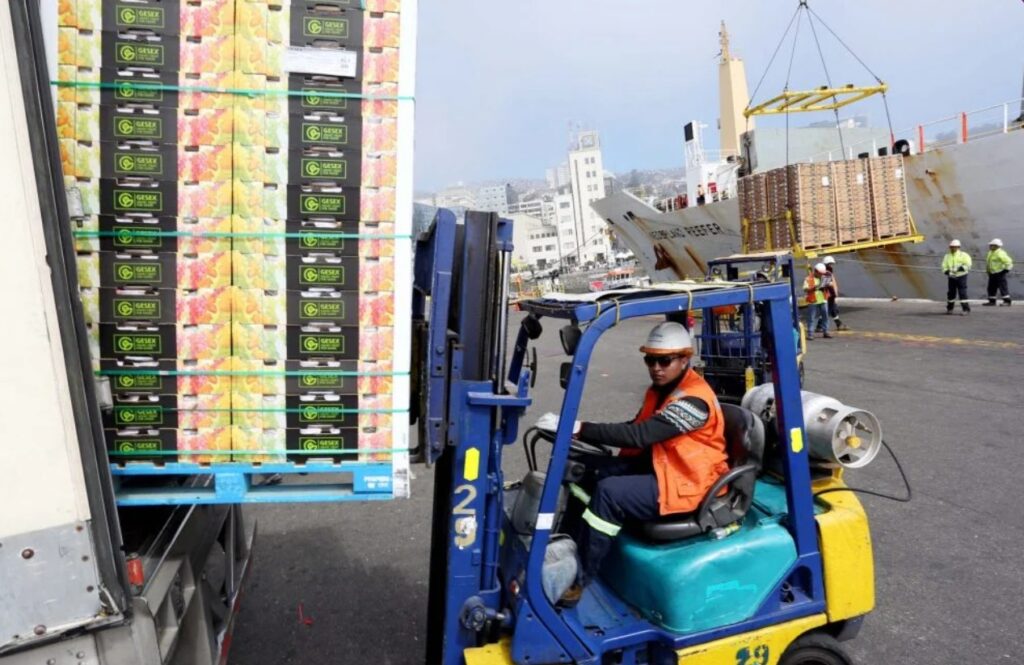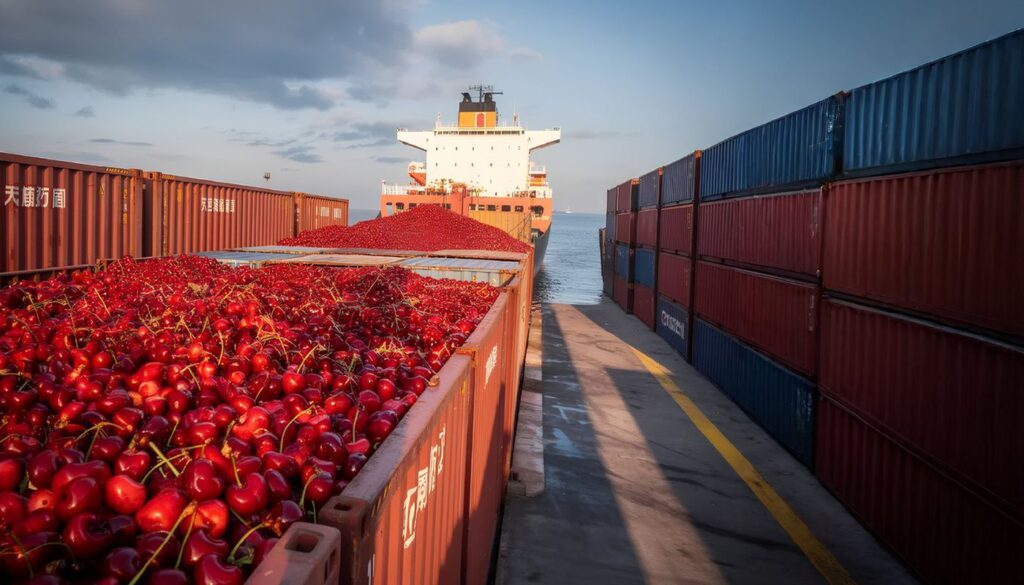The lack of funding for health programs, which are key to exports, was an exclusive topic among the Argentine participants of “Cherry Day.”
“Cherry Day” is the most important event for the cherry industry in Argentina; it is a time for international speakers, local speakers, officials, businessmen and producers from all over the country to meet. In the 2024 edition, which ends today in Plottier, the topic that hovered in the air and brought smiles was the defunding of the fruit fly program.
“They have a position: they will not continue with any financing, they maintain that the private sector has to do it because it has many benefits from the health status of having the possibility of directly entering international markets at a better price. That is their position, therefore, we now have to see how this deficit is financed,” explained Juan Peláez, Secretary of Production, in conversation with +P.
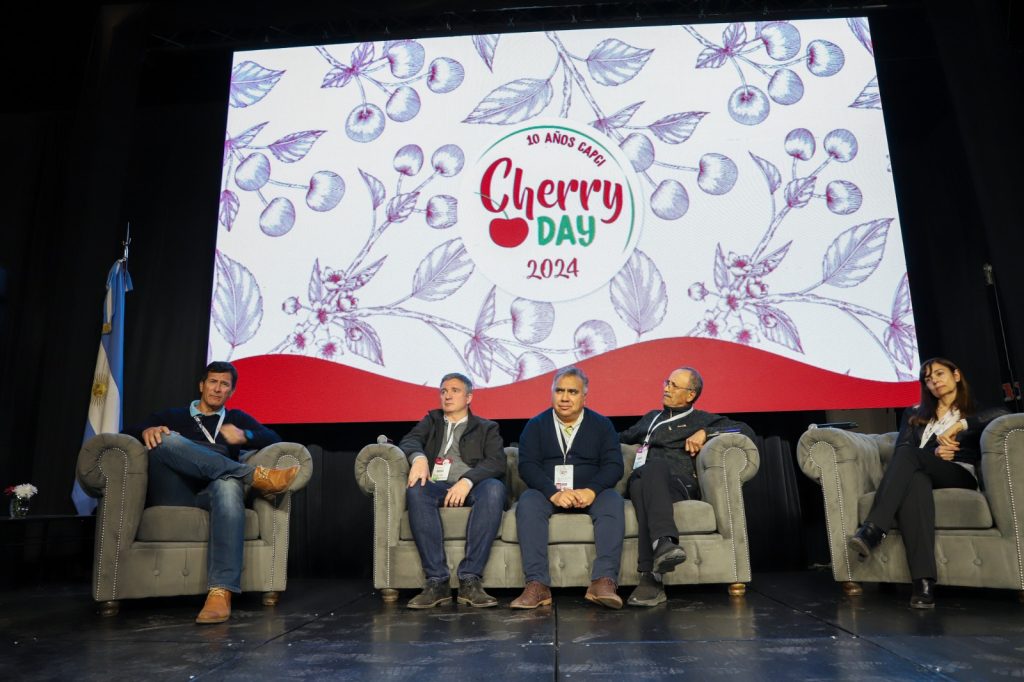
In this context, the secretary added: “We have to see how we can give continuity to this program, which cannot fail under any circumstances. There is consensus, the money will come from somewhere.”
“Let us be responsible”
“We are all aware of what is happening with the health programs… I think that by working together we have to solve this problem; the fruit fly-free status, the status that Patagonia has as a world-renowned area for its health, must be protected,” said Alejandro Zimmerman, president of the Argentine Chamber of Integrated Cherry Producers (CAPCI), from the stage.
Before an attentive audience, he assured that “Patagonia is unique, it must be looked after, and I don’t mean that it should be looked after by one sector, but by all. If this is not the case, I think we are in trouble (applause). I think we must work hard to continue looking after and maintaining Patagonia as a free zone.”
“Let us work to make Patagonia a place of quality and health. In fact, this is how we have been working for more than 40 years. This cannot be lost overnight. I call on all producers and the public sector to help us solve this problem,” he said. Along the same lines, he added that “the opportunities that Patagonia has are not available anywhere else in the world, so let us be aware and work to achieve a coherent agreement, which does not fall only on the producer, but where we are all responsible.”
Speaking to +P, Aníbal Caminitti, manager of CAPCI, acknowledged: “We are all concerned about the issue and I trust that we will find a solution. There is a single discourse from both the public sector of the four Patagonian provinces that are involved in this, as well as from the private sector. We all have the sole premise of keeping the area of Patagonia free of pests, that is not in doubt and will not be waived.”
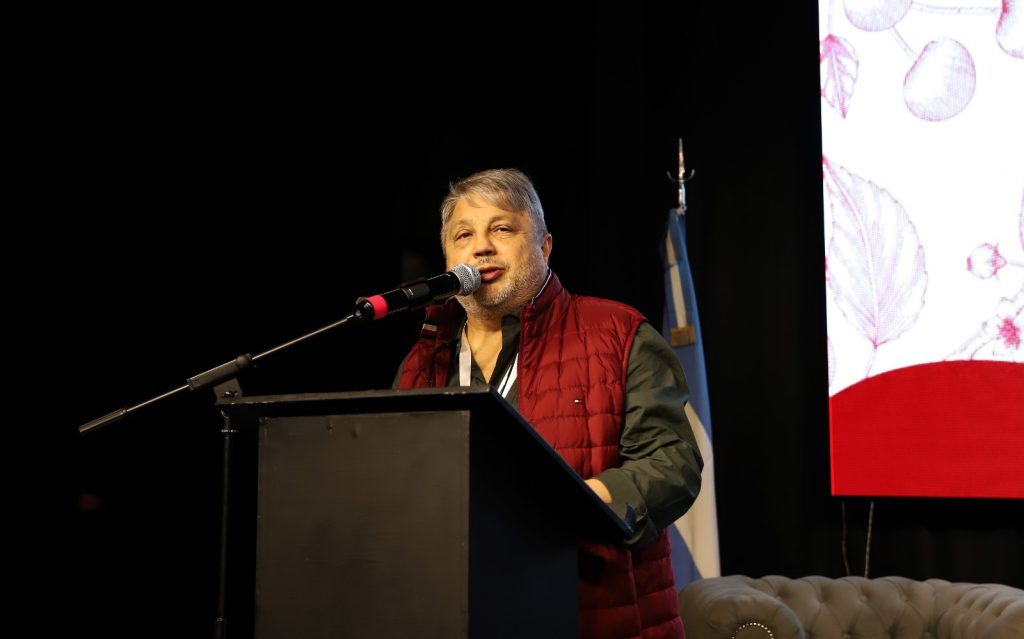
“It is not easy to cover the deficit overnight. Today we are faced with the challenge because next month the fly control season begins and we are working to rethink the way the program is financed,” he said.
Under the midday sun in Plottier, Caminitti said: “The health status generates an intangible like what Patagonia is. So, we are not willing to give in to a position of the national government that we generally share on the issue of reducing the fiscal deficit, but I think it is not a general concept for everyone, that there are certain actions that cannot be separated from.”
Between the equation and the rethinking
At this point, the key question is: what will be the equation to compensate for the part contributed by the national government? According to Caminitti, “the equation has several approaches to how it can be carried out, to solve the budget that is currently projected at more than 3,000 million pesos. Almost 59% of this financing is provided by the private sector and more or less thirty-something percent was what the Nation contributed.”
Peláez explained: “We will have to see how it is distributed between the private sector and the provinces. It is clear that there will be no money from Senasa and that there is no point in putting pressure on them. The reality is that they are currently operating with the 2023 budget, and in 2025 they will also continue with the 2023 budget.”
“A formula must be defined that takes into account several issues, such as the surface area to be covered, production, population density, issues that go beyond an efficient barrier because this whole process begins with the obligation to fumigate at source. There is a general rethinking,” admitted the CAPCI manager.
Serious
“The possible defunding of all sanitary measures, both the barrier and the fruit fly and grapevine moth program, are all very relevant for exports. It is a serious, important issue. I imagine that the authorities will be working to be able to define how it will be financed,” says Facundo López Raggi, former Minister of Production.
Speaking to +P, he said that “these are programs that have taken a long time and we should all ensure – governments and institutions – that producers have everything they need to be able to export.”
“There are some markets where the barrier to entry is related to compliance with these programs and ensuring that the products entering that country meet all the requirements established by that country. We are constantly looking at what the requirements of buyers from the rest of the world are,” he said.
In this context, Natalia Muguerza, Director at Estudio Muguerza, pointed out: “As a representative of foreign trade, what I can say is that our products have to reach the world and Argentina needs to export. The financial support that producers and exporters need is essential to continue putting our product in the world. I think we should all collaborate from whatever part it affects us.”
Courtesy: Diario +P, Argentina.




